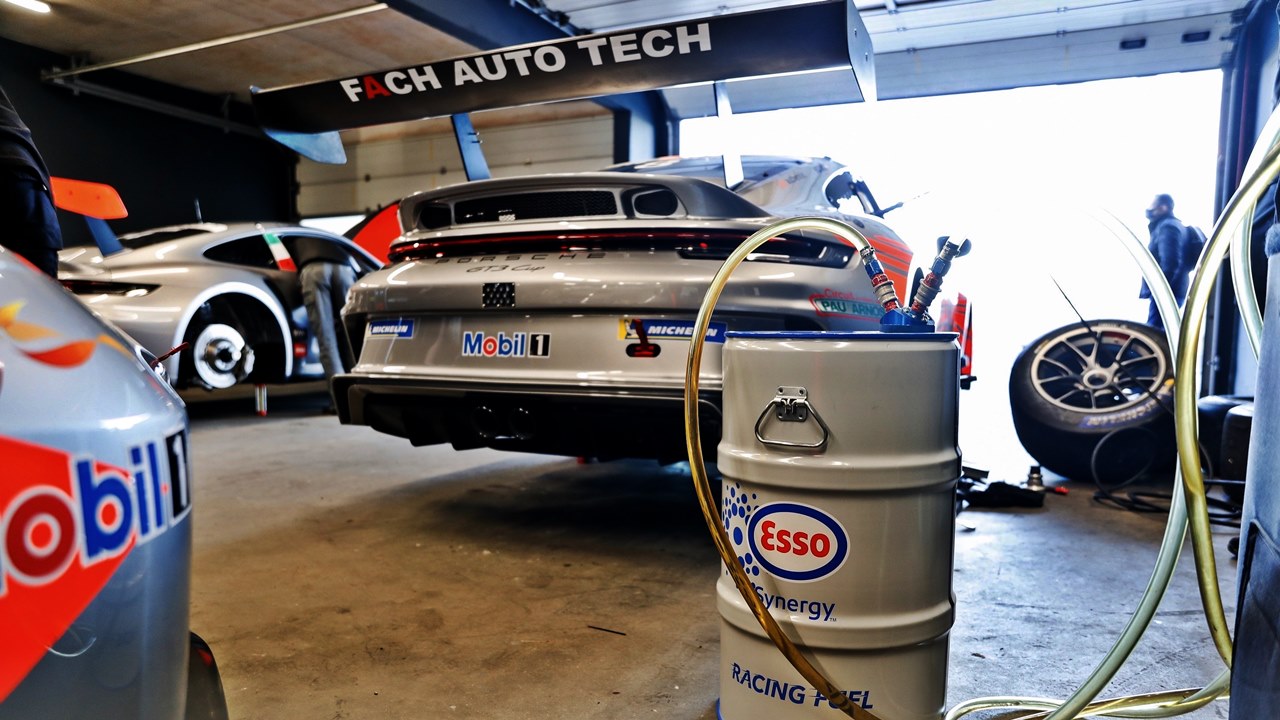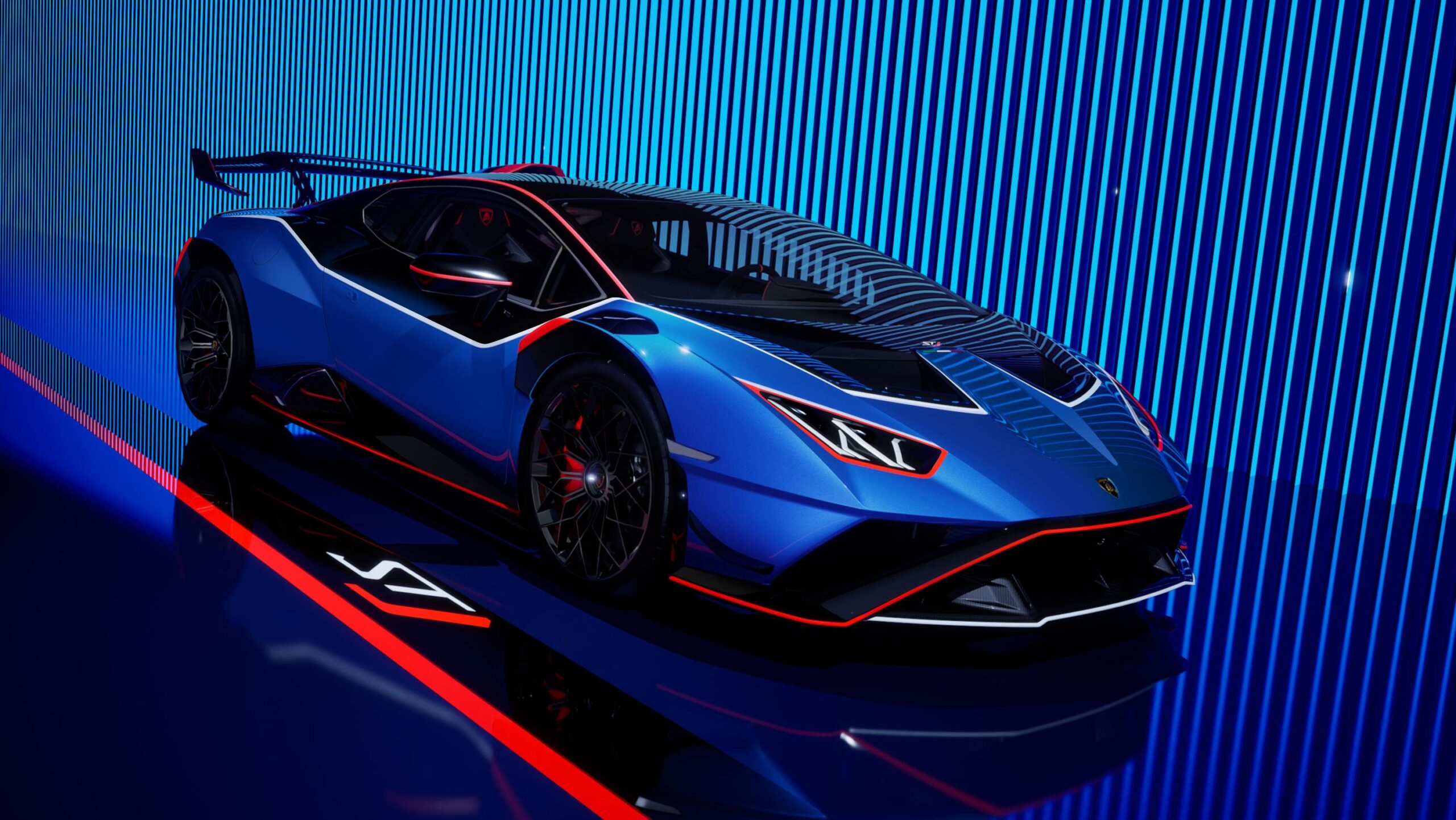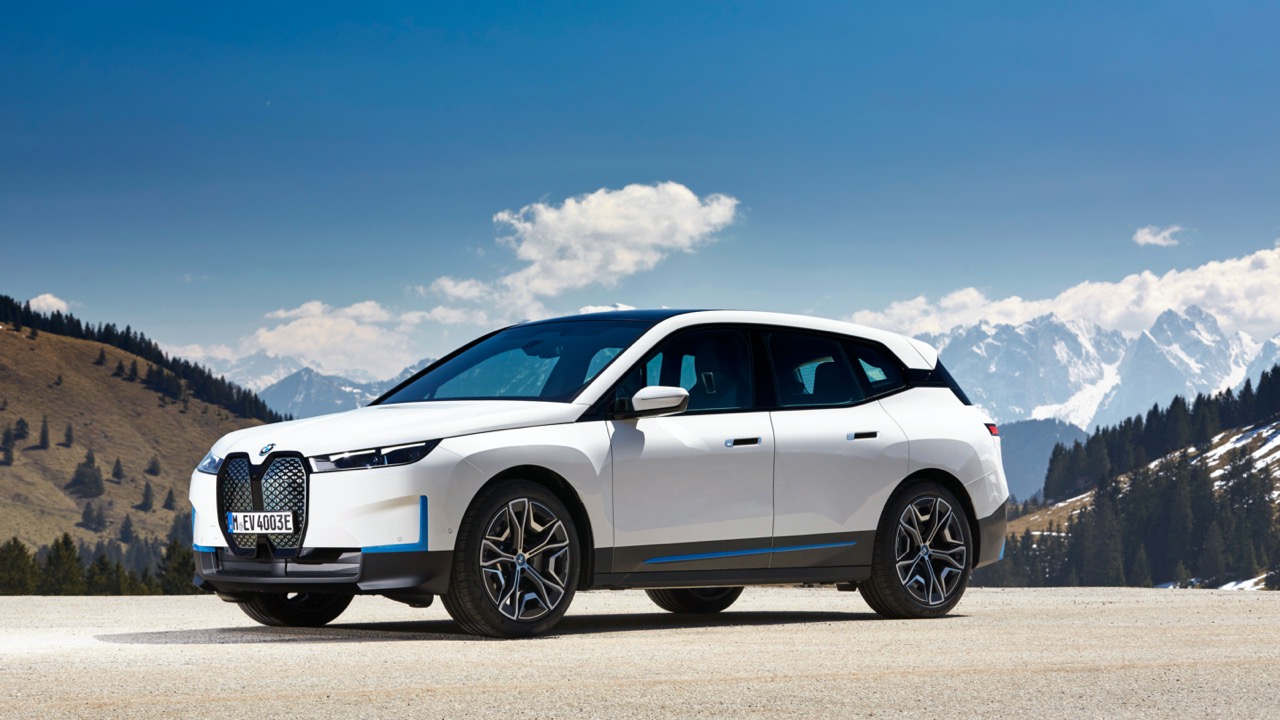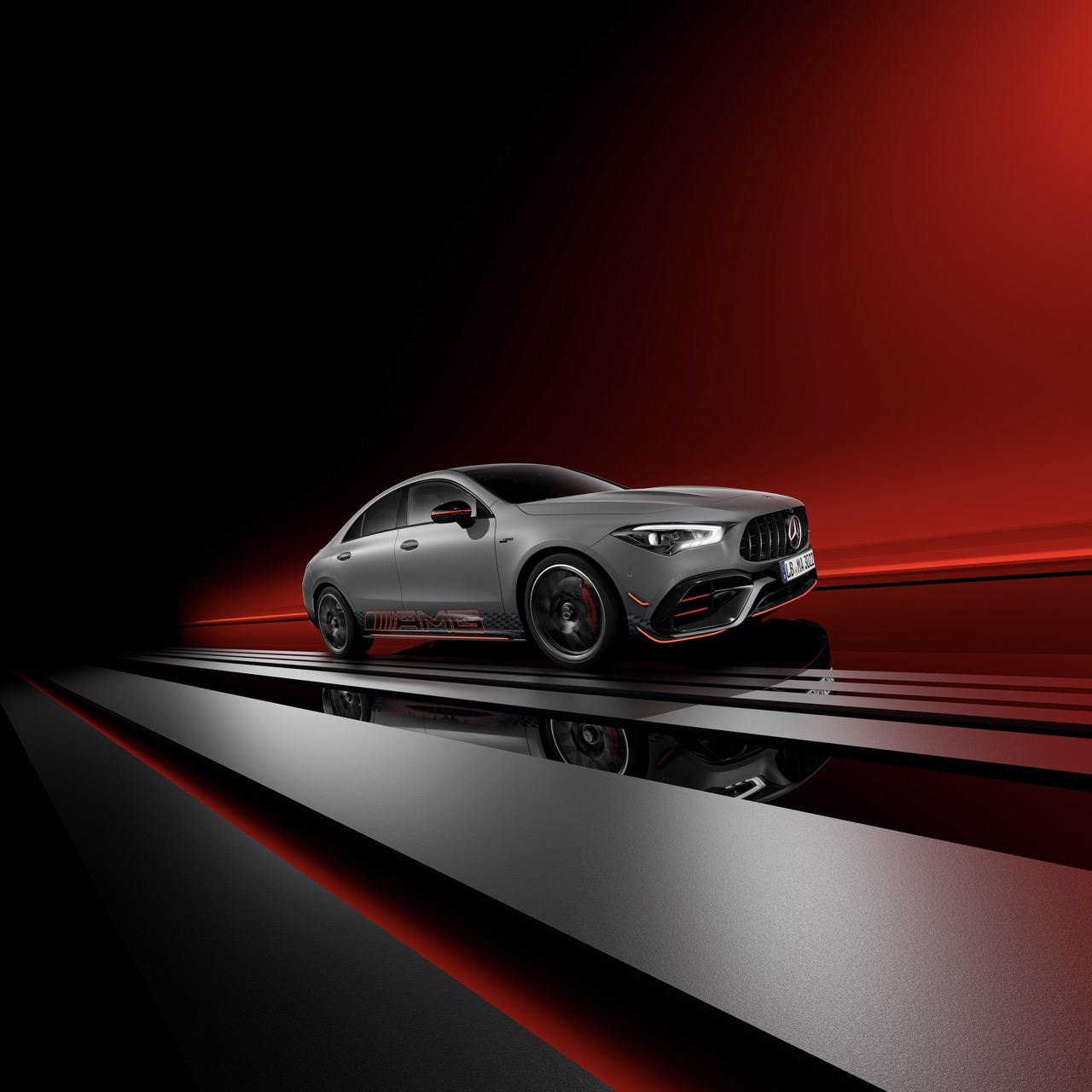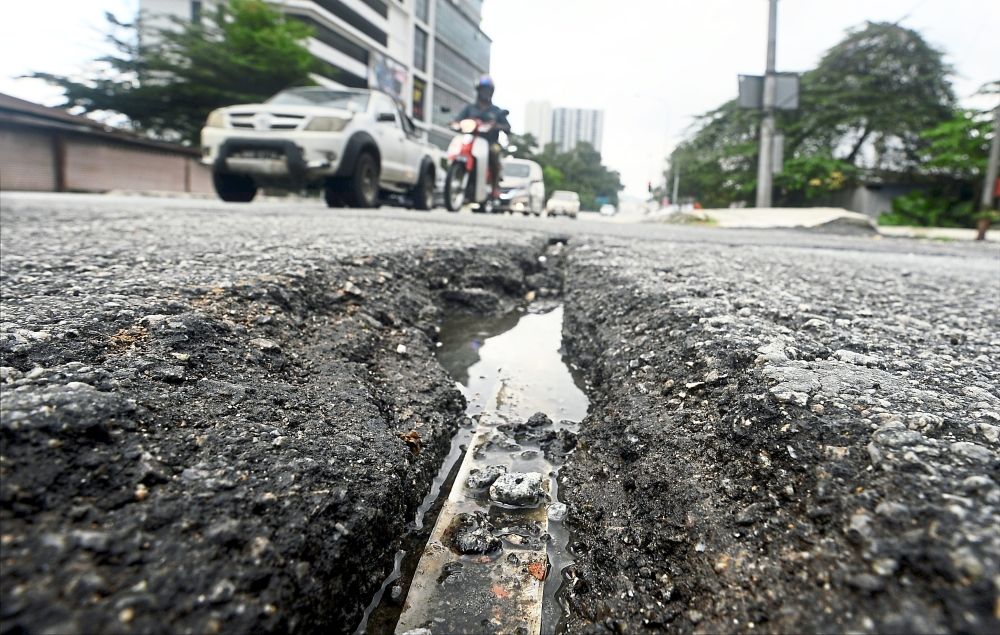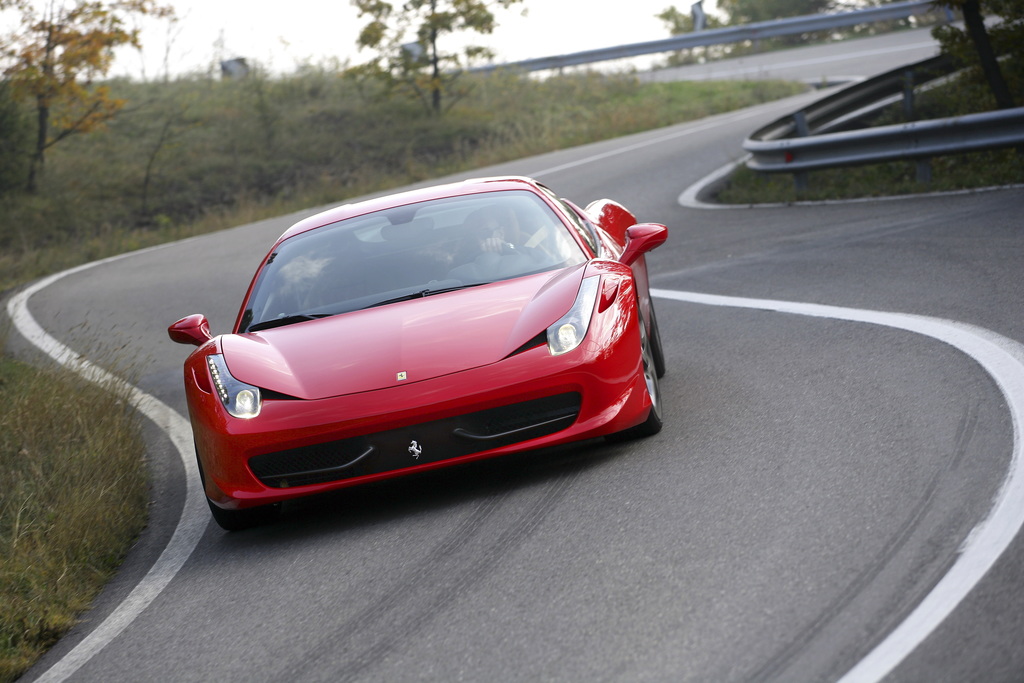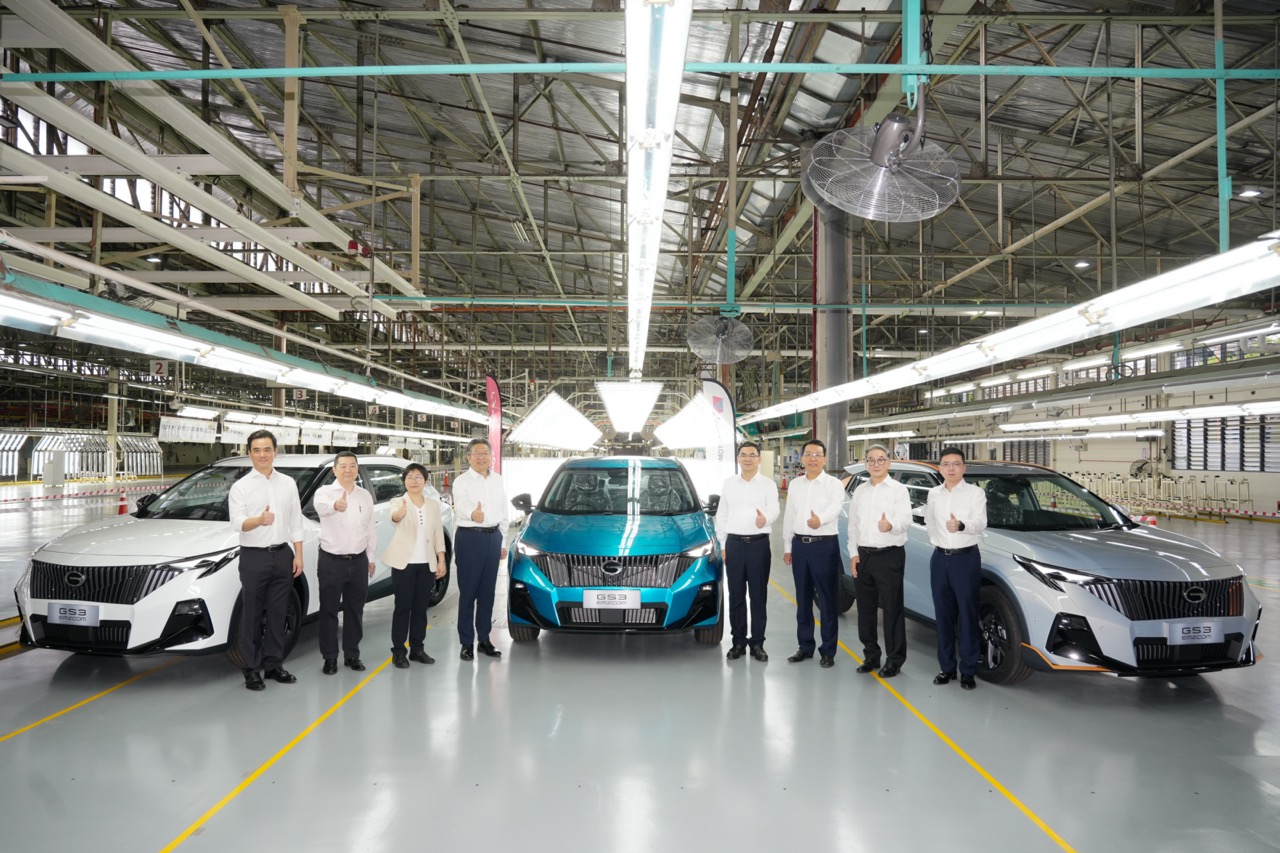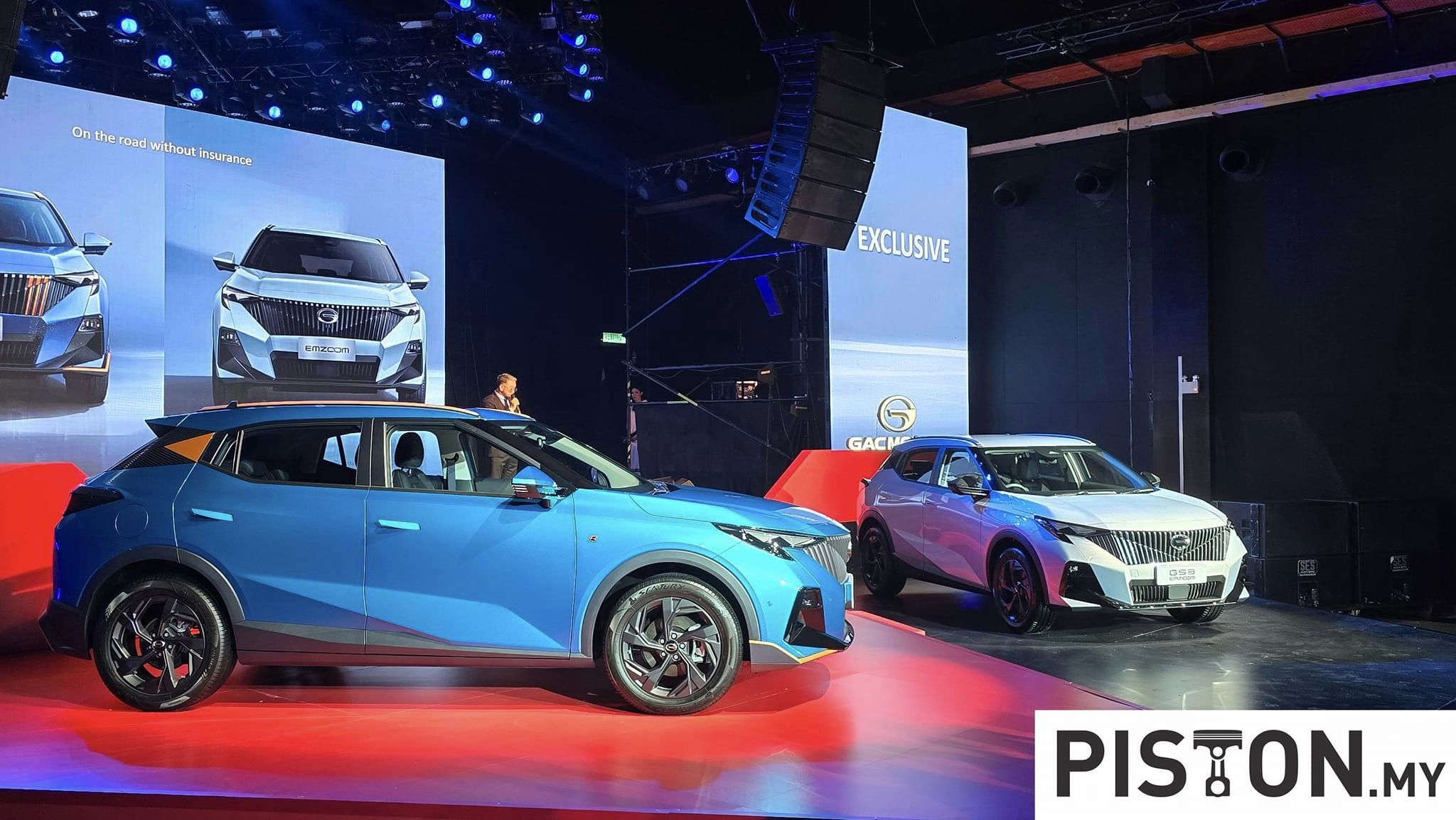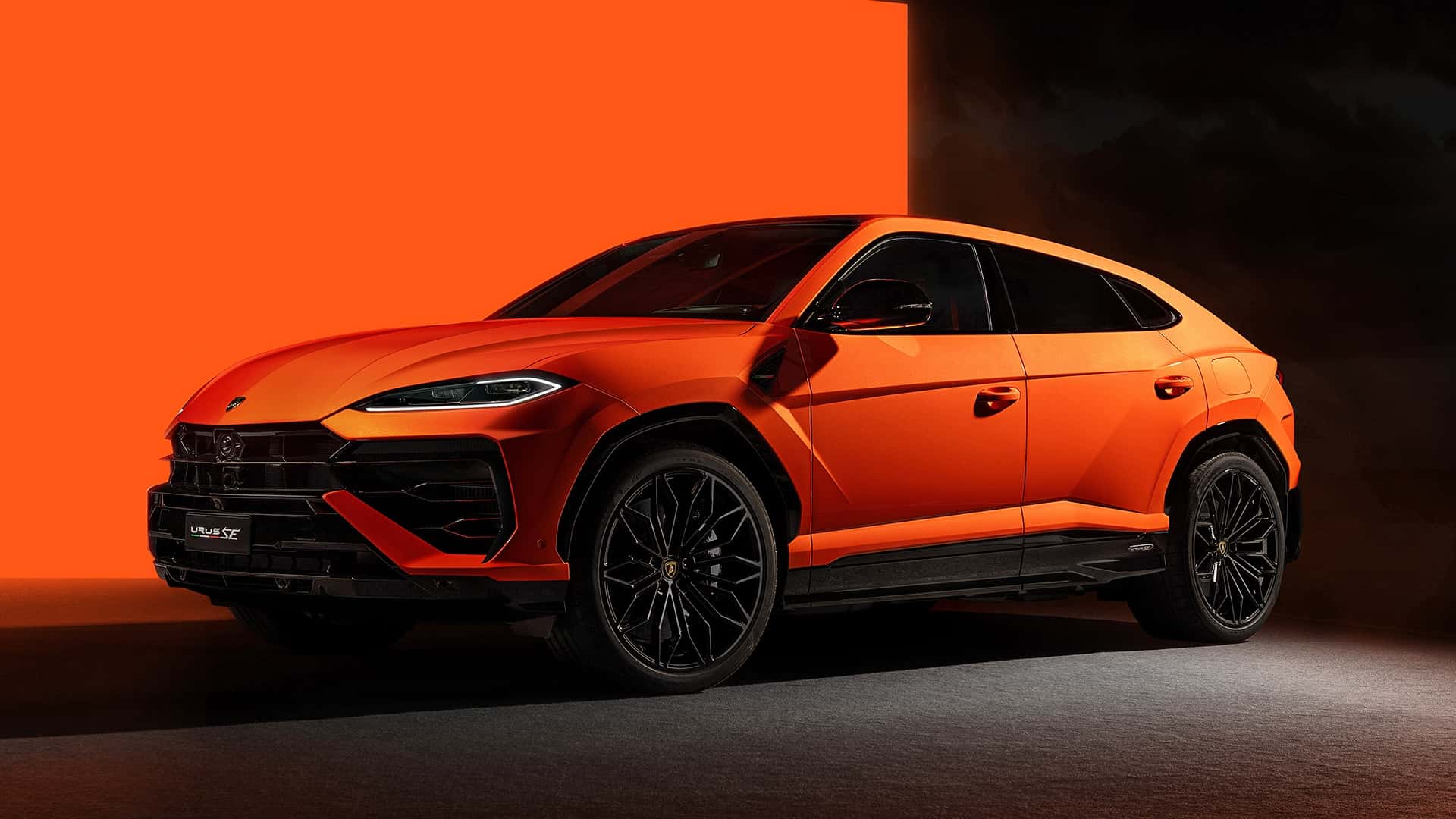When a huge asteroid smashed into our planet millions of years ago, it caused such great climate change that life on earth almost ended, particularly the dinosaurs. Climate change is also the reason why there is this urgency to switch to electric power for cars and stop using internal combustion (IC) engines which generate carbon dioxide (CO2), the culprit in global warming.
Unlike the death of the dinosaurs, the IC engines cannot just ‘die’ so fast, much as environmentalists would like them to. There are still more than 1.3 billion vehicles with IC engines on the planet, providing mobility to millions who won’t or can’t easily switch to electric vehicles (EVs). And all these vehicles require fuel to run… coincidentally derived from those dinosaurs which died. The combustion process that generates power for an engine also sends out CO2, so the solution has been to stop that process which should reduce the gas levels.
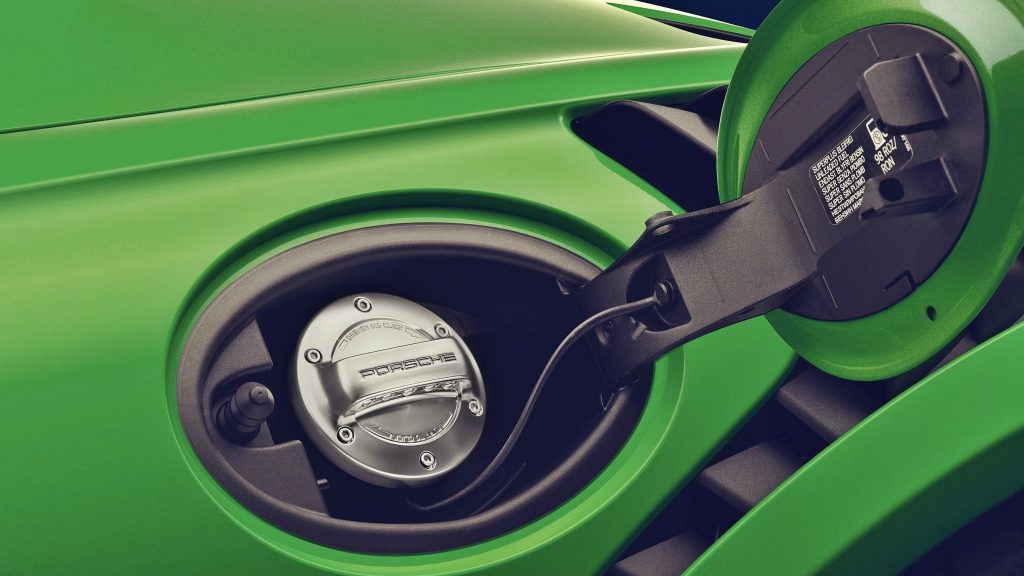
EV benefits not immediate
The auto industry is willing to move towards electric power but it still requires a lot of investment and R&D, as well as getting up to volumes that enable economies of scale to bring costs down. So the benefits of zero emissions from motor vehicles may not be realized so fast and the volume of EVs being put on roads is still insignificant compared to the existing IC vehicles that continue to be sold and are still accumulating.
A number of manufacturers are not convinced that the large-scale switch to EVs is viable or practical. Instead, they believe that emissions from IC engines can still be reduced further and the benefits can be realized faster than waiting for the benefits from EVs. Besides developing new engine technologies that make engines run cleaner, there is also a focus on fuels and the big thing now is sustainable fuels which don’t require extracting the fluids of dead dinosaurs and vegetation from underground (which is not unlimited).

Testing in motorsport extremes
In 2021, ExxonMobil developed a blend of primarily advanced biofuels which have the potential to significantly reduce CO2 emissions. The energy company teamed up with Porsche to test the fuel in the extreme conditions of racing during the 2021 Porsche Mobil 1 Supercup series. The testing has shown that the renewable fuels – or eFuels – can reduce CO2 emissions from IC engines by up to 90%, compared to when they run on conventional liquid fossil fuels.
Pilot plant in Chile
In the second phase of the project, a pilot plant has been constructed in Chile to produce eFuel. Located in Southern Chile, the Haru Oni plant (pictured below) is the world’s first integrated, commercial, industrial-scale plant for making synthetic climate-neutral eFuels.
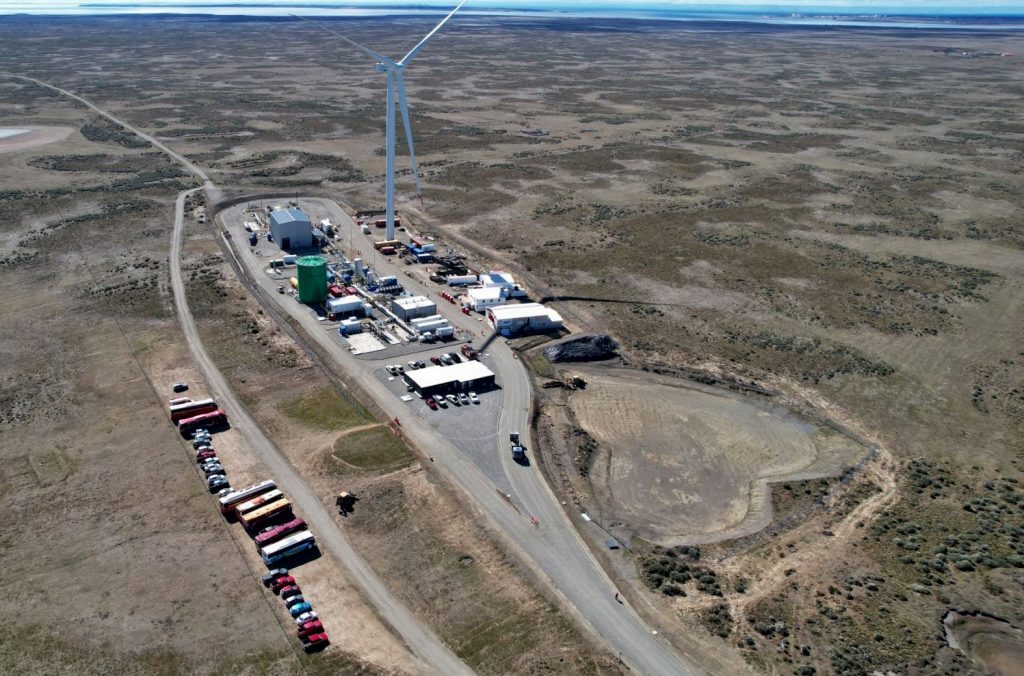
The plant generates hydrogen using wind power and the gas is then combined with captured CO2 drawn from the atmosphere to produce ethanol. ExxonMobil is providing a license and support for the proprietary technology to convert the liquid into a lower-carbon eFuel.
Initially, around 130,000 litres of eFuels will be produced, increasing about 55 million litres a year by 2024, and around 10 times more by 2026. Porsche will be the primary customer for the green fuel which it will use in ‘lighthouse projects’ such as the Porsche Mobil 1 Supercup and at Porsche Experience Centres.
In time, the eFuel might be sold commercially to Porsche owners. Who knows… it might even become the only fuel allowed for use in IC engines decades in the future when fossil fuels are banned or stop production.
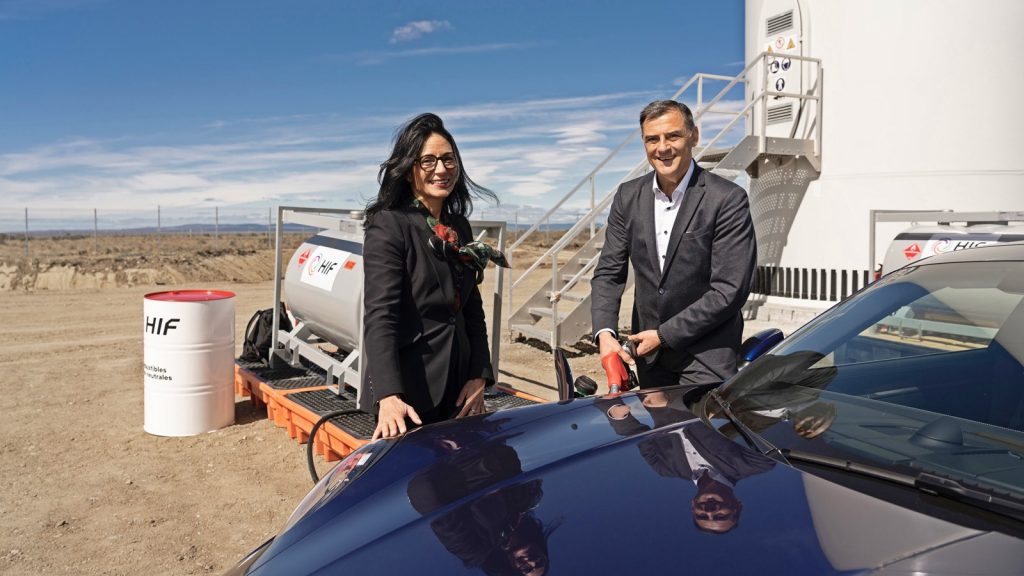
Two more eFuel plants
The sportscar maker has already invested over US$100 million (about RM442.4 million) in the development and production of eFuels. 75% of this investment has gone into HIF Global LLC which will plan, build and operate eFuel plants in the USA and Australia (Tasmania), besides Chile.
“Porsche is committed to a double-e path: e-mobility and eFuels as a complementary technology. Using eFuels reduces CO2 emissions. Looking at the entire traffic sector, the industrial production of synthetic fuels should keep being pushed forward worldwide. With the eFuels pilot plant, Porsche is playing a leading role in this development,” says Barbara Frenkel, Member of the Executive Board for Procurement at Porsche AG.


